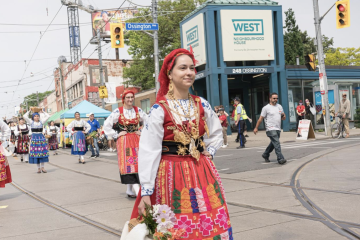Understanding Easter Day: Significance and Traditions

Introduction to Easter Day
Easter Day, celebrated by millions around the world, is a significant event in Christianity that commemorates the resurrection of Jesus Christ. This religious observance typically falls on a Sunday between March 22 and April 25, following the lunar calendar. The day’s importance extends beyond religious doctrine, embracing a variety of cultural and secular traditions, making it a key occasion in many communities.
Historical Context
The roots of Easter can be traced back to the early Christian community as a celebration of the pivotal event of Jesus rising from the dead after his crucifixion. The term ‘Easter’ is believed to be derived from ‘Eostre,’ a pagan festival celebrating spring and fertility. The integration of pagan customs with Christian traditions has contributed to the diverse ways in which Easter is celebrated today.
Modern Celebrations and Traditions
In Canada, Easter Day is marked by various traditions that differ from region to region. Many people attend church services to honor the religious aspect of the day, often donning new outfits symbolizing rebirth and renewal.
Another widely recognized tradition includes the Easter egg hunt, where children search for eggs filled with candy and toys. This custom is part of the more extensive symbolism of eggs representing new life and resurrection. Sweet treats such as chocolate bunnies and hot cross buns are also characteristic of the festivities, enjoyed by families throughout the holiday.
Impact of COVID-19 on Easter Celebrations
The COVID-19 pandemic deeply impacted how individuals and families celebrated Easter Day in recent years. With restrictions on gatherings, many turned to virtual celebrations, conducting online church services and even digital egg hunts. This adaptation illustrated the community’s resilience and creativity in maintaining traditions amidst challenges.
Conclusion
The significance of Easter Day transcends its religious connotations, resonating with themes of renewal, hope, and community bonding. As traditions continue to evolve, the essence of Easter persists, offering individuals a time to reflect, connect with loved ones, and celebrate life. Looking ahead, Easter will undoubtedly continue to unite people globally, honoring customs that enrich our cultural tapestry.









